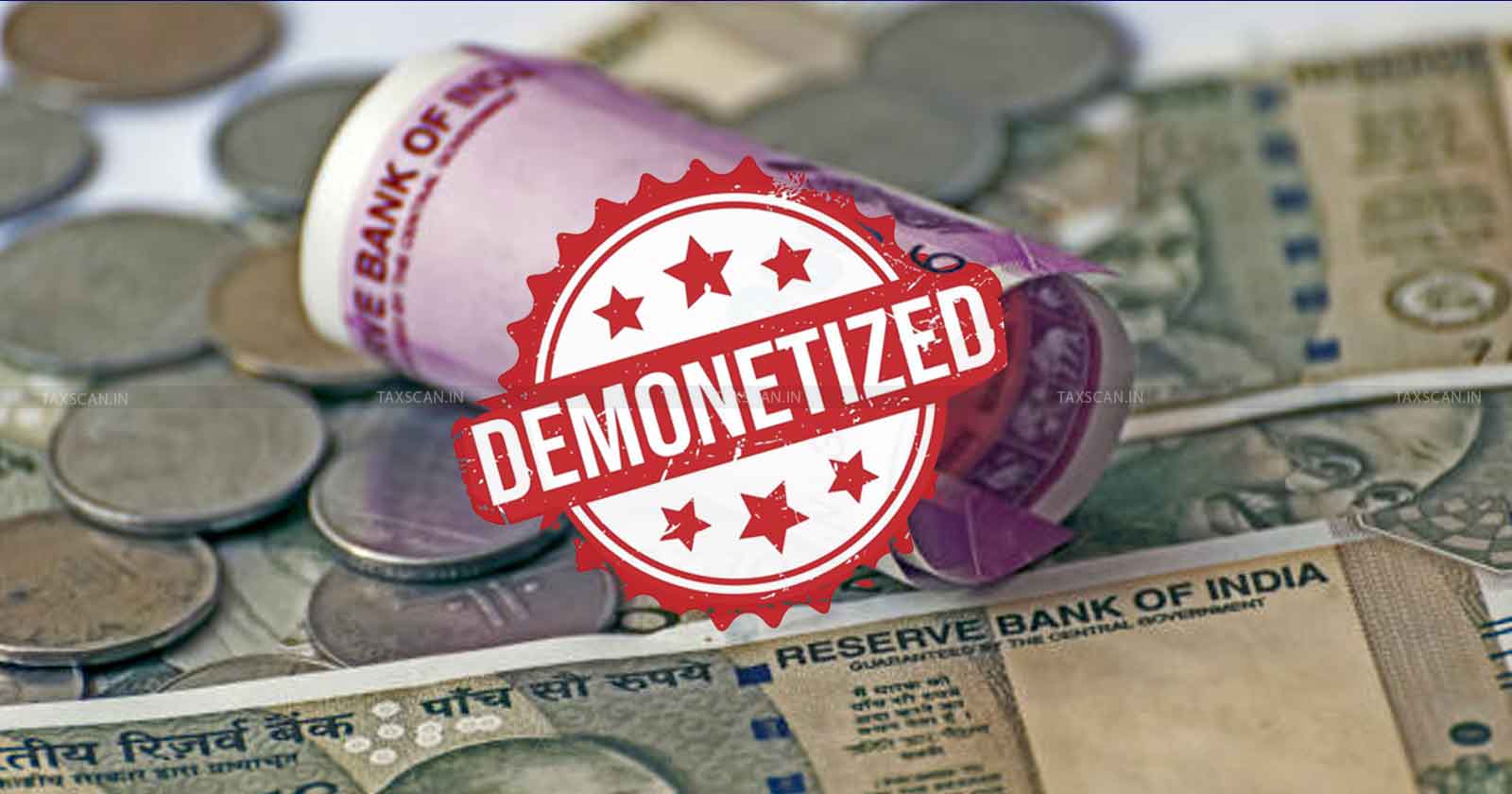Disallowance Restricted to 12.5% in Quantum Appeal: ITAT Deletes Penalty Citing Faulty Charge [Read Order]
Observing that the Assessing Officer levied the penalty for "concealing the particulars of income," while the quantum finding established a case of "furnishing inaccurate particulars," the Tribunal deleted the penalty due to the faulty charge
![Disallowance Restricted to 12.5% in Quantum Appeal: ITAT Deletes Penalty Citing Faulty Charge [Read Order] Disallowance Restricted to 12.5% in Quantum Appeal: ITAT Deletes Penalty Citing Faulty Charge [Read Order]](https://images.taxscan.in/h-upload/2025/10/16/2097123-itat-mumbai-disallowance-penalty-taxscan.webp)
The Mumbai Bench of the Income Tax Appellate Tribunal (ITAT) deleted the penalty levied under Section 271(1)(c) of theIncome Tax Act, 1961, noting a clear disconnect between the charge fastened on the assessee by the Assessing Officer (AO) and the facts established during the quantum proceedings.
Anil K. Shah (HUF) (assessee) filed Income Tax Return, declaring total income of Rs. 7,92,587. The case was reopened based on information that the assessee had obtained accommodation bills from bogus dealers to inflate purchases. The AO made an addition of Rs. 17,19,214 on account of bogus purchases.
In the subsequent quantum appeal proceedings, the Co-ordinate Bench of the Tribunal confirmed that the purchases were indeed 'bogus' as the assessee failed to produce delivery challans, transport bills, or a stock register.
However, the Tribunal restricted the disallowance to 12.5% of the total bogus purchases, following the Hon'ble Gujarat High Court decision in the case of CIT vs. Simit P. Seth, to only tax the profit element embedded in the transaction.
 Also Read:Bullion Trader’s Demonetisation Cash Deposits Found Genuine: ITAT Deletes ₹9.24 Crore Addition u/s 68 of the Income Tax Act [Read Order]
Also Read:Bullion Trader’s Demonetisation Cash Deposits Found Genuine: ITAT Deletes ₹9.24 Crore Addition u/s 68 of the Income Tax Act [Read Order]
After the quantum appeal attained finality, the AO levied the penalty under Section 271(1)(c) and held that the assessee had "deliberately concealed the particulars of income with a malicious intention of evading tax."
Aggrieved by the AO’s order, the assessee appealed against the order of the Commissioner of Income Tax (Appeals)[CIT(A)], which sustained the levy of a penalty of Rs. 6,96,096 for Assessment Year (AY) 2009-10. Therefore, the assessee filed an appeal before the CIT(A) against the order of the CIT(A).
The counsel for the assessee argued that since the addition was restricted to 12.5%, it was a case of estimation of income, and therefore, no penalty could be levied. The counsel submitted that the AO’s charge of "concealment of particulars of income" was incorrect.
The two-member bench, comprising Vikram Singh Yadav (Accountant Member) and Anikesh Banerjee (Judicial Member), observed that that the particulars of the purchase transactions, as reflected in the books, were "false, inaccurate and erroneous," amounting to a case of "furnishing of inaccurate particulars of income."
The Tribunal observed that the AO levied the penalty by stating the assessee had "concealed the particulars of his income".
The Tribunal held that there was a clear disconnect between the facts of the present case and the charge which has been fastened on the assessee. The Tribunal ruled that in the absence of the requisite and correct charge, the levy of penalty could not be sustained. The Tribunal directed the penalty to be deleted. The appeal of the assessee was allowed.
Support our journalism by subscribing to Taxscan premium. Follow us on Telegram for quick updates


